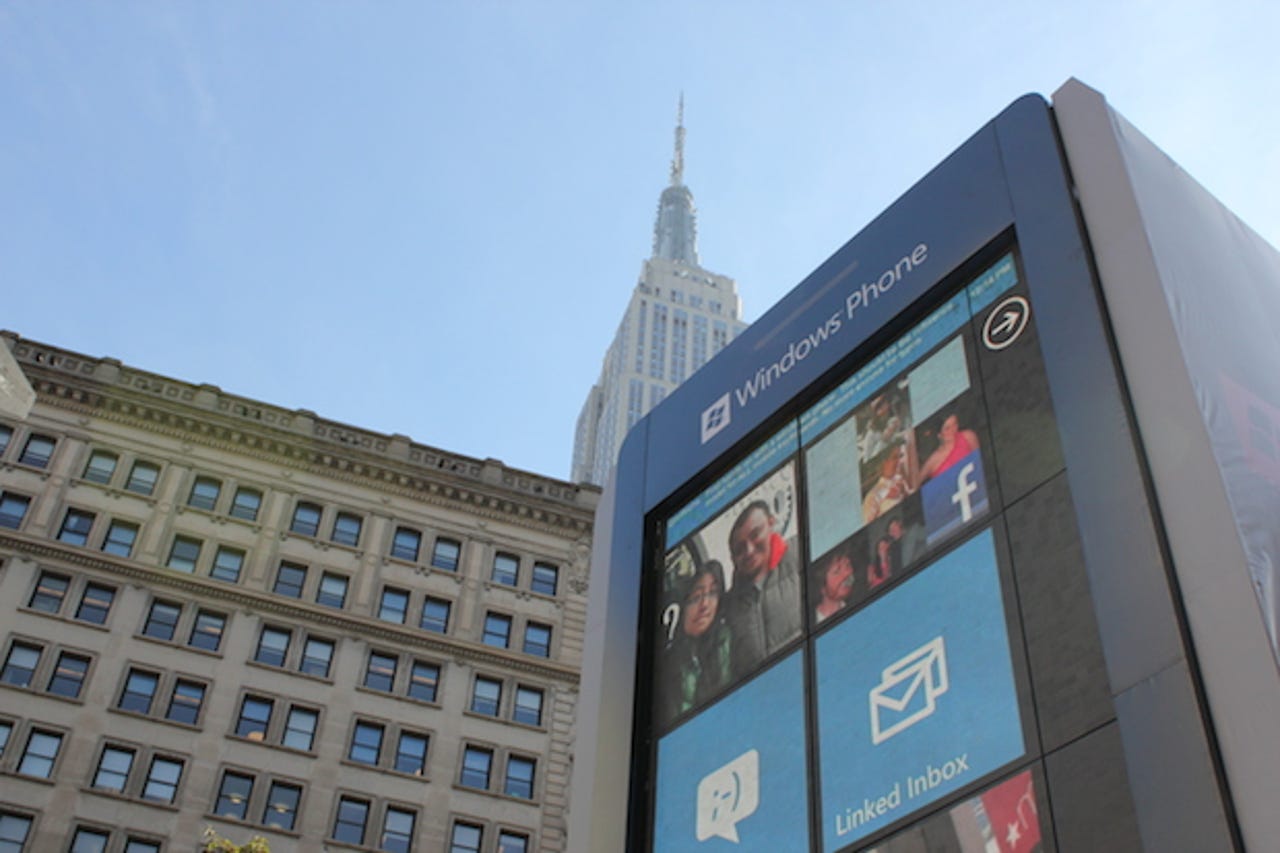Nokia reportedly building Android phone, and why that isn't such a bad thing for Microsoft

Nokia's next big move may be into the Android space, if multiple sources are to be believed.
First reported by The Verge and confirmed by AllThingsD, "Normandy" and "AoL" (or Asha on Linux) is likely Nokia's upcoming foray into the entry-level Android market that would see its Asha line-up replaced.
Step back for a minute. It may be early in the morning if you're reading this. But take another sip of coffee and reevaluate this one for a minute.
Amid a near all-out takeover of the Finnish phone maker, for Microsoft it's not such a bad idea.
There's no doubt Microsoft wants the mobile market share. It's one of the main reasons why it bought Nokia's devices and services unit — the main Windows Phone maker on the market with about 80 percent of all devices sold. According to the latest comScore figures, Microsoft has a marginally rising month-on-month 3.2 percent share of the overall mobile market share slice, and could take the third-place slot by the New Year if BlackBerry's can't stem its decline.
But such a move by Nokia shouldn't come as a great surprise. An earlier September report from The New York Times pointed to Nokia dabbling with Android long before the Microsoft deal, which saw Nokia agree to take on Windows Phone as its primary mobile platform.
Whether or not Microsoft takes on the project once it fully acquires the phone-making unit is something else. But it does make sense — at least in the short term.
Android makes Microsoft a lot — again for effect, a lot — of money. If the figures are to be believed, Android's licensing agreements with smartphone firms earned the Redmond-based software giant close to $2 billion in royalties for the 2013 financial year.
Broken down on a unit basis, that's between about $5 and 15 per Android device unit that goes directly into Microsoft's coffers. That's a significant amount more than what Windows Phone brings in — roughly $347 million in gross profits.
While Android remains popular, leading with the highest overall market share of more than half, it's in Microsoft's best interests to keep Android ticking over.
Android isn't going away any time soon. Its popularity has no let up in sight, even if Apple's iOS mobile operating system share is rapidly catching up to Android. It could however help Microsoft wean Windows Phone skeptics towards its own apps and services on a platform with a significantly higher number of apps.
Featured
According to one Nokia source speaking to AllThingsD, the Lumia-lookalike device may serve as a way to deliver Microsoft services to the Android-based device, like Skype and Bing. It would likely be easier to swallow for Redmonians who see Android as a gateway drug to Google services that are preinstalled on devices.
Thanks to Android's heavily customizable core and surface, just as Amazon has with its Kindle line-up, Nokia and Microsoft could twist the software into an empty plate for its own products and services.
But it's not going to up-and-leave its Windows Phone efforts any time soon. Even if Microsoft doesn't go with Android once it fully seals the Nokia devices and services deal,
A Nokia spokesperson told ZDNet it does not comment on rumour and speculation, as is often is the case.
With Android on Nokia devices, even though it's soon to be a Microsoft division, the software giant could be having its cake and eating it too. And that's not such a bad thing.
